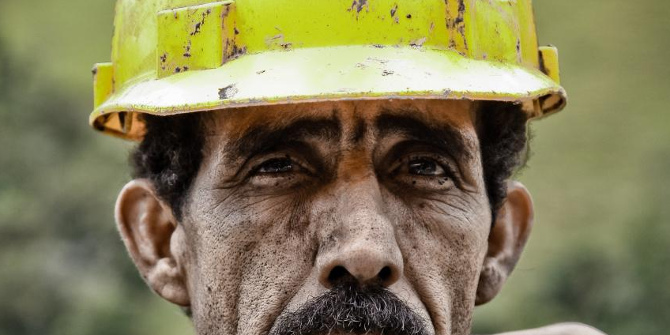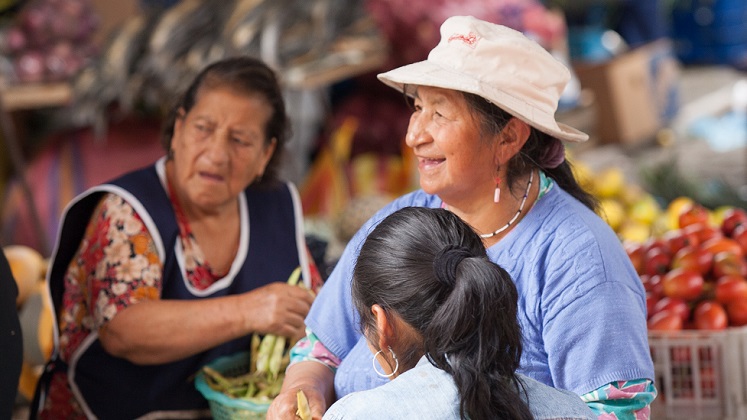For two decades, the European Union and the Latin American Mercosur have tried to ratify an agreement full of delays. With the negotiations still ongoing, Arantza Gomez Arana (University of Northumbria) analyses the chances of both regions reaching consensus before the end of 2023, before the Spanish presidency of the UE ends.
The second Spanish presidency of the European Union in 1995 brought some progress in the EU’s external relations with Latin America. In particular, the Europe-Mercosur Inter-regional Framework Cooperation Agreement signed at the end of the presidency (December). The agreement was passed in 1999 after the Rio Summit, the first between the European Union and Latin America and the Caribbean. The first attempt to sign it failed in October 2004 during the Portuguese presidency.
After this disappointment, there was another step in the wrong direction when Brazil was offered a strategic partnership in 2007. This was seen by the other Mercosur countries as a way of engaging with one of their members over the rest of them. There was some progress during the Spanish Presidency in 2010 with the EU-Central American Common Market Association Agreement in relation to Mercosur, but the timing was not right.
A few years later, the international arena has changed dramatically. The shift towards populism and protectionism includes a very long Brexit process, a US administration prioritising unilateralism and a significant global presence of China while Russia annexed Ukraine’s Crimean peninsula. In this environment, the EU and Mercosur signed the political agreement in 2019 -20 years exactly since the mentioned Rio Summit- and while the G-20 summit was taking place.
Externally, the pressure to promote deals that would be based on international norms and values that would be negotiated between countries and respected was exceptional, and at the very end of the cycle of the European Commission, and the European Parliament. The signing took place a few months before the Covid-19 pandemic started and a few months before the new Commissioner presented the EU Green Deal in December 2019.
The new green agenda has brought extra barriers to this agreement. A report commissioned by DG Trade to LSE on this particular matter was published in December 2020 (while Brexit negotiations were ongoing, weeks before the end of the transition period) and with the pandemic just about to reach the entire world with a reshape of relations among countries and a high pressure against public health services.
Agreement before the end of 2023?
Despite the context, the negotiations between Mercosur and the EU have continued, and ratifying the agreement before the end of the Spanish presidency in December 2023 is possible. The European Union and Community of Latin American and Caribbean States summit of July 2023 seemed to unblock the negotiations after a few months of stagnation.
This was Brazilian President Luiz Inácio Lula da Silva view:
“Europe played an aggressive card. The letter that Europe wrote to Mercosur was a letter that threatened punishment if we didn’t meet certain environmental requirements,” (…)”Two strategic partners do not discuss threats. We discuss proposals.” (…) “We do not accept the additional letter from the European Union. It is impossible to conceive among historical partners like us that someone would write such a threatening letter. For the first time, I’m very optimistic that we’re going to conclude this deal this year.”
As Lula pointed out, Brazil is already at a rate of production of renewable energy that many European countries still do not have. According to the International Energy Agency large hydropower plants account for around 80% of domestic electricity generation, making the Brazilian electricity mix “one of the cleanest in the world”.
The pressure from other parties, such as Friends of the Earth is evident. They filed a complaint in July against the European Commission because they wanted access to the documentation of the treaty.
At the same time, this Spanish presidency has had an extraordinary focus on Latin America and the Caribbean -before the change of European Commission and a new European Parliament and many national elections across Europe could mean a very different scenario for this type of agreement- could be the last opportunity to achieve consensus.
Losing the momentum created before many countries change their administrations with elections upcoming in various European and Latin American countries, adds extra difficulties to the negotiations. And ultimately, that could be catastrophic and potentially the last chance to reach an agreement between both regions.
Notes:
• The views expressed here are of the author rather than the Centre or the LSE
• Please read our Comments Policy before commenting
• Banner: EU-CELAC Summit in 2023 / European Union





